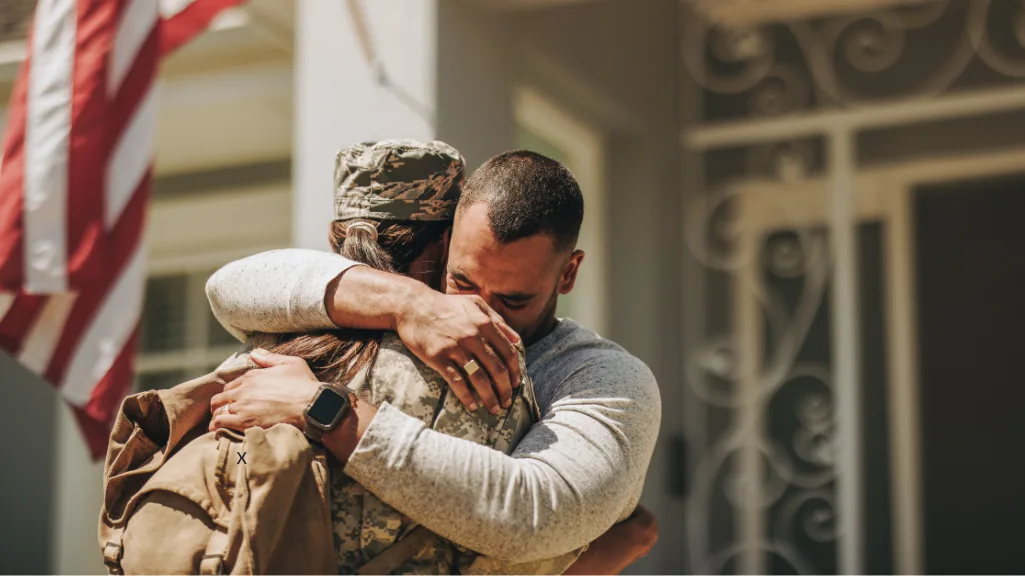When war breaks out or a crisis hits, people protect their family first. That same principle holds true for those who serve in the United States military. They put their lives on the line. The government created a program called Military Parole in Place to help protect their undocumented loved ones from being torn apart by military immigration rules.
What Is Military Parole in Place (PIP)?
Military Parole in Place is an immigration benefit. It helps certain undocumented family members of U.S. military service members, veterans, or those in the Selected Reserve. The benefit allows them to stay in the country legally. It gives them temporary protection from deportation. It can also open the door for a green card in some cases. This program exists because the government understands that a soldier cannot fully focus on duty while fearing for their family’s future.
PIP is granted on a case-by-case basis. It does not require the person to leave the country. That’s important. Leaving the country after entering without inspection usually triggers a 3 or 10-year bar from reentry. But PIP gives a person the ability to stay and fix their status from inside the United States.
Who Can Apply for Military PIP?
This benefit is available to spouses, widows or widowers, parents, and children of members of the U.S. Armed Forces, Selected Reserve, or veterans who were not dishonorably discharged. The key is proving the relationship and showing that the service member’s duty is affected by worry or hardship caused by the undocumented status of their loved one. The person applying must also show good moral character. Criminal records or fraud may hurt the case.
To apply, the undocumented family member submits Form I-131 to U.S. Citizenship and Immigration Services. They also include documents that show their relationship to the service member, evidence of the military member’s status, proof of identity, and letters that explain the hardship. There is no fee for this application.
What Happens After PIP Is Granted?
If USCIS approves the application, the person gets a period of stay for one year. That can be renewed. More importantly, it means they now have what’s called “lawful entry” for immigration purposes. That may allow them to apply for a green card through a process called adjustment of status. That depends on whether they qualify in other ways, such as having a U.S. citizen spouse or child who can petition for them.
Think of it like this. Imagine a bridge that collapsed years ago. Undocumented family members have been stuck on one side, with no way across. PIP does not rebuild the whole bridge. But it places a temporary crossing that makes it possible to move forward. It gives hope. It brings families together.
The program does not guarantee permanent residency. It does not protect against deportation in every situation. But it provides a real chance. A chance to stay together. A chance to live without fear. A chance to plan for the future.
For families who have lived in the shadows for years, this program is a light in the dark. Military service is one of the greatest sacrifices a person can make. The least the country can do is protect their family in return.Need help applying for Military Parole in Place?
Speak with a Houston immigration lawyer who understands or call (713) 766-6720 to get started.


